Given how fast the tech world moves, it’s not hard to imagine that throughout an entire year, hiccups are bound to happen. Whether it be something that happened that shouldn’t, promises made that weren’t delivered, let’s take a look at 5 of 2019’s biggest Android controversies.
Foldable Phones
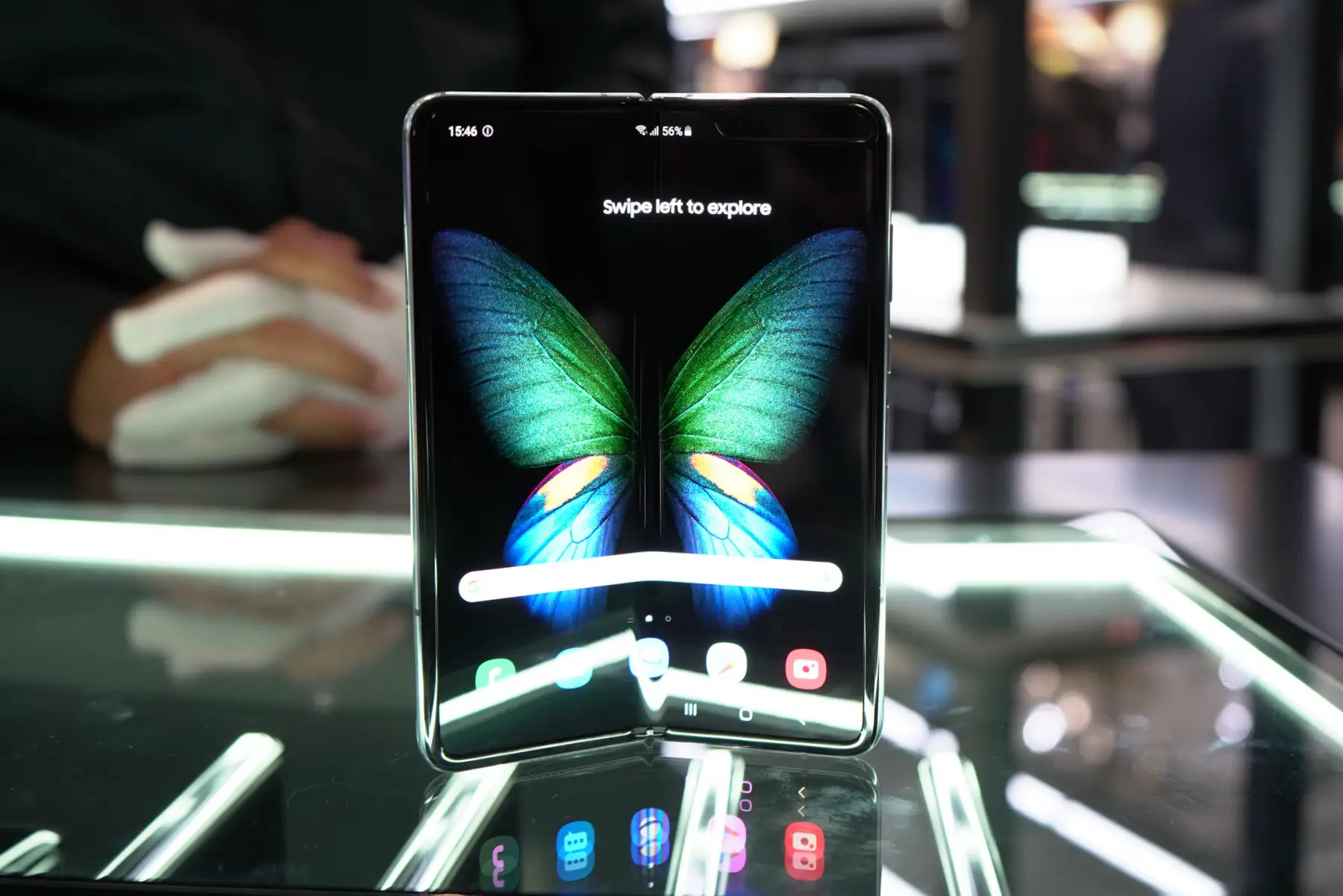
This year, foldable phones were meant to usher in a new era of the smartphone, where it was supposed to seriously challenge the way we look at our phones today. A phone that can become a tablet on the fly, it seemed like the hybrid device of our dreams, but yet a series of mishaps and delays and exorbitant prices have kind of put a damper on the entire category.
Does this mean that the foldable phone category is dead in the water? Hardly, but the excitement surrounding the tech has definitely waned and we imagine that it will probably take something extraordinary to get us excited again.
Fingerprint Snafus
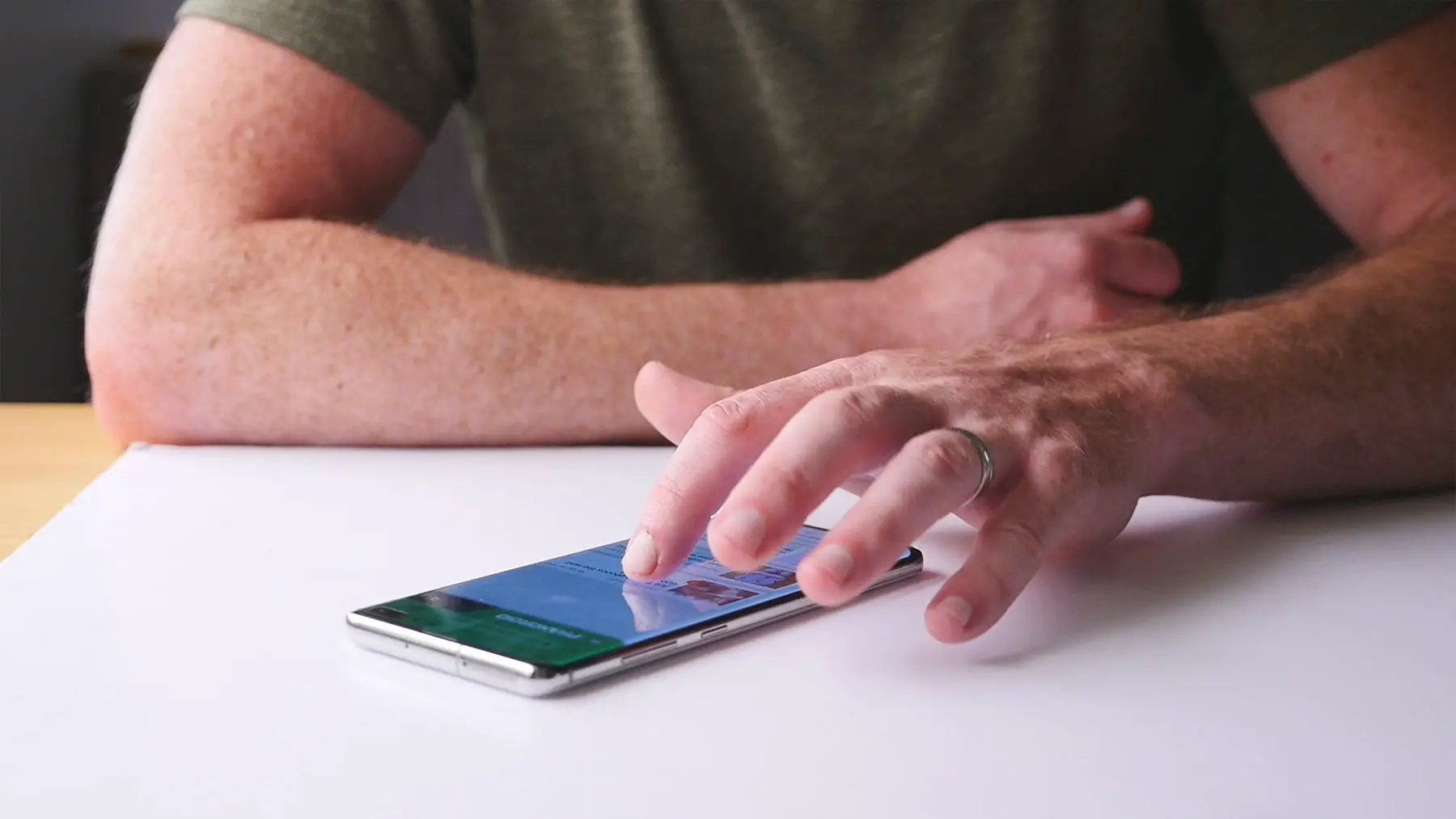
Samsung’s attempt at using Qualcomm’s ultrasonic in-display fingerprint sensor sounded very exciting and promising. It was meant to be different from the other in-display sensors that are available in the market today, but it came with an asterisk next to its name. Namely how you couldn’t use certain types of screen protectors with it.
There were also some issues where some users found that if you used a certain screen protector, it allowed anyone to unlock your phone. So much for security and privacy. Samsung has since addressed it, but you can bet that this will be on the minds of many for a while. Qualcomm has since debuted a new fingerprint sensor which hopefully fixes some of the previous generation’s mistakes.
US Versus China
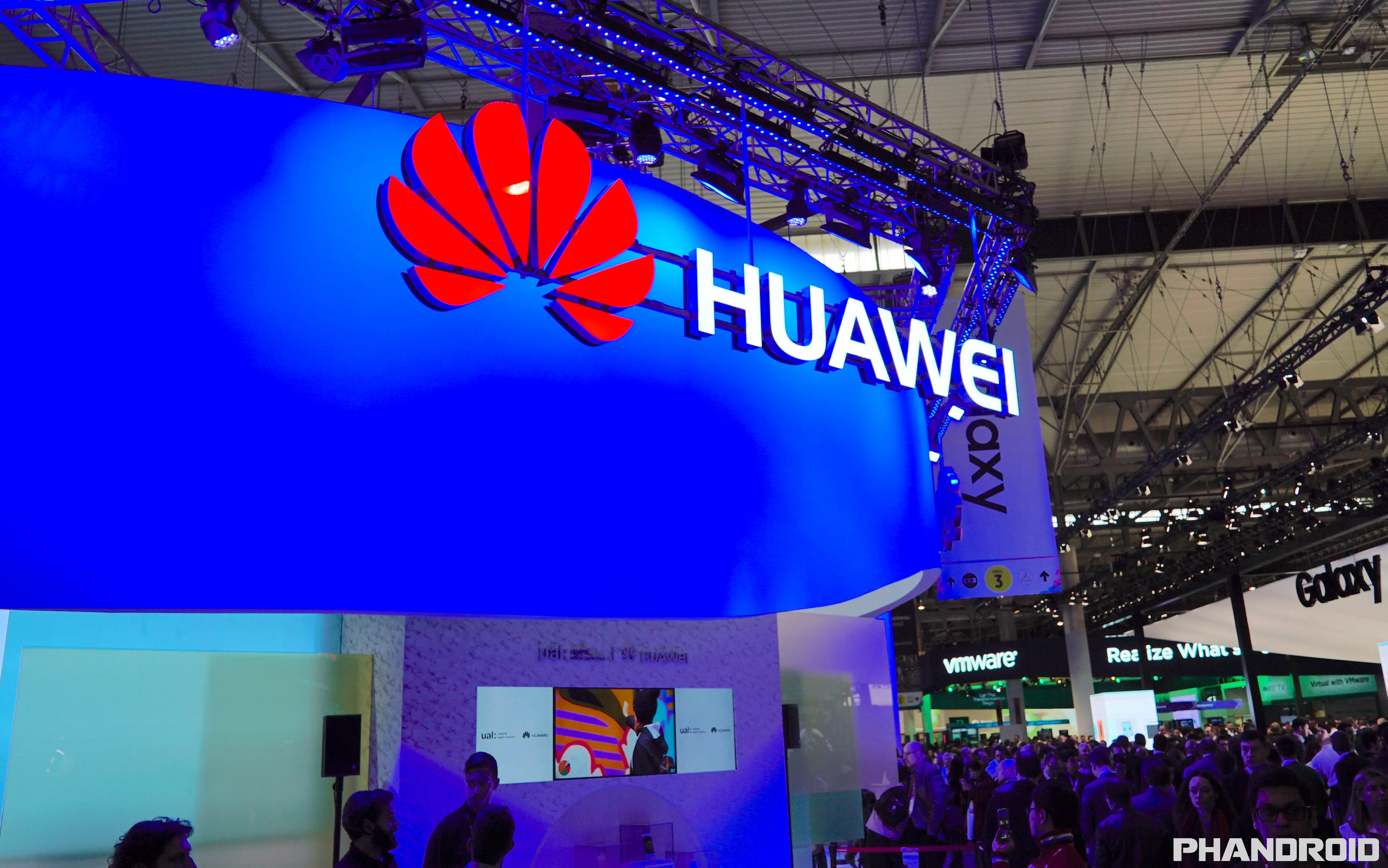
The ongoing trade war between the US and China does not look like it will be dying down anytime soon. In the meantime, Huawei seems to have been caught in the middle where the Huawei P30 series is not allowed to use Google Play Services.
While one could always turn to another brand, given that the majority of Android smartphones are made by non-US based companies, it does highlight the precarious situation we are in, where due to trade disagreements, other companies could just as easily find themselves in Huawei’s position.
Digital Assistants Spying
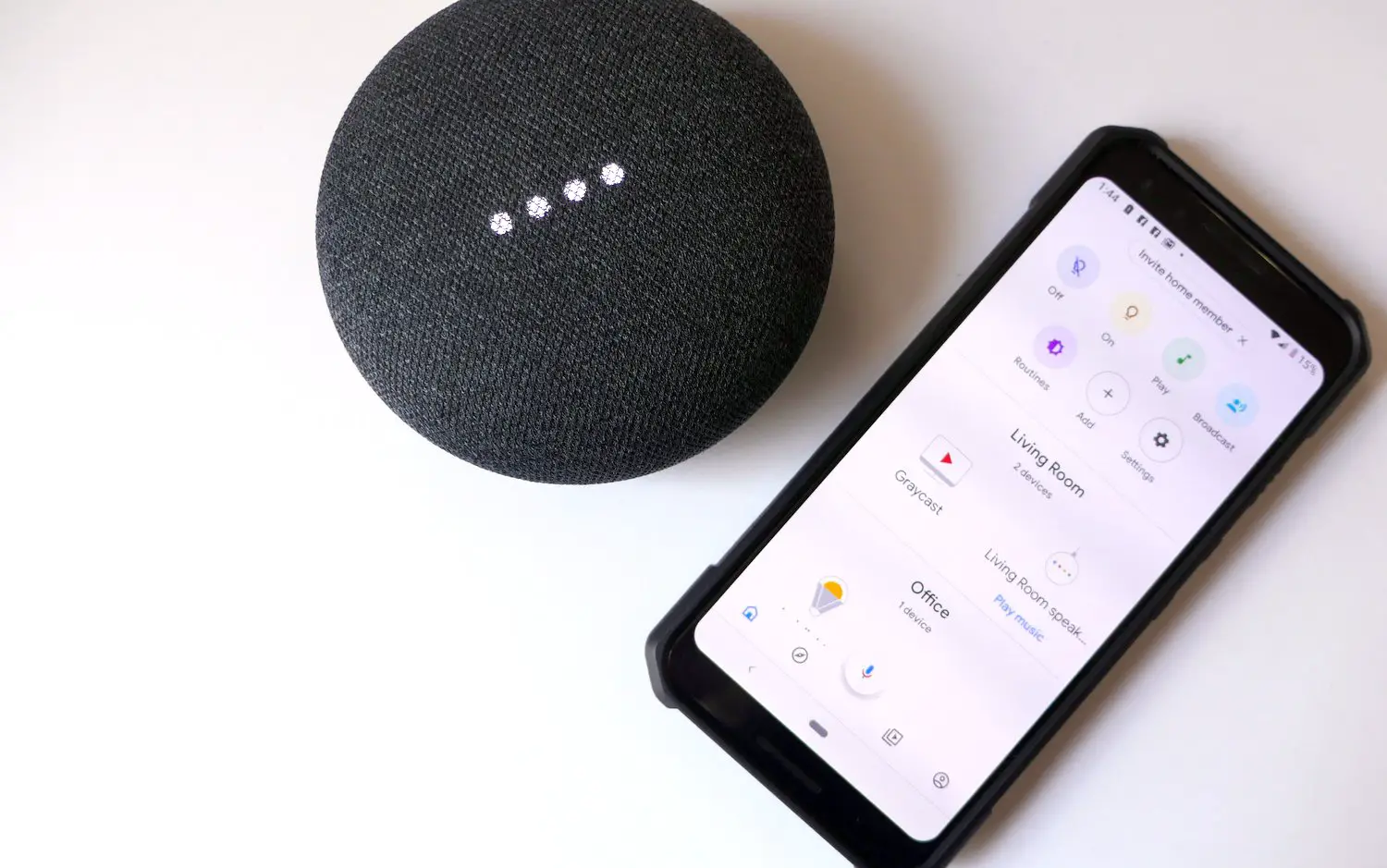
This year seems to be a particularly bad year for digital assistants. With the rise of smart homes and digital assistants controlling them, it was discovered that companies like Apple, Amazon, Google, and Microsoft were outsourcing the transcribing of the conversations that users have had with their digital assistants.
According to the companies, this was done in an effort to improve on them by analyzing the things we say in a bid to make them smarter, but obviously the idea that a stranger in an office in a foreign land is listening to what you are saying, even if it’s just in snippets, doesn’t feel quite right.
To make matters worse, in the middle of the year, it was discovered that one of Google’s analysts in the Netherlands leaked audio data that was meant to be confidential.
What Happened To 5G?
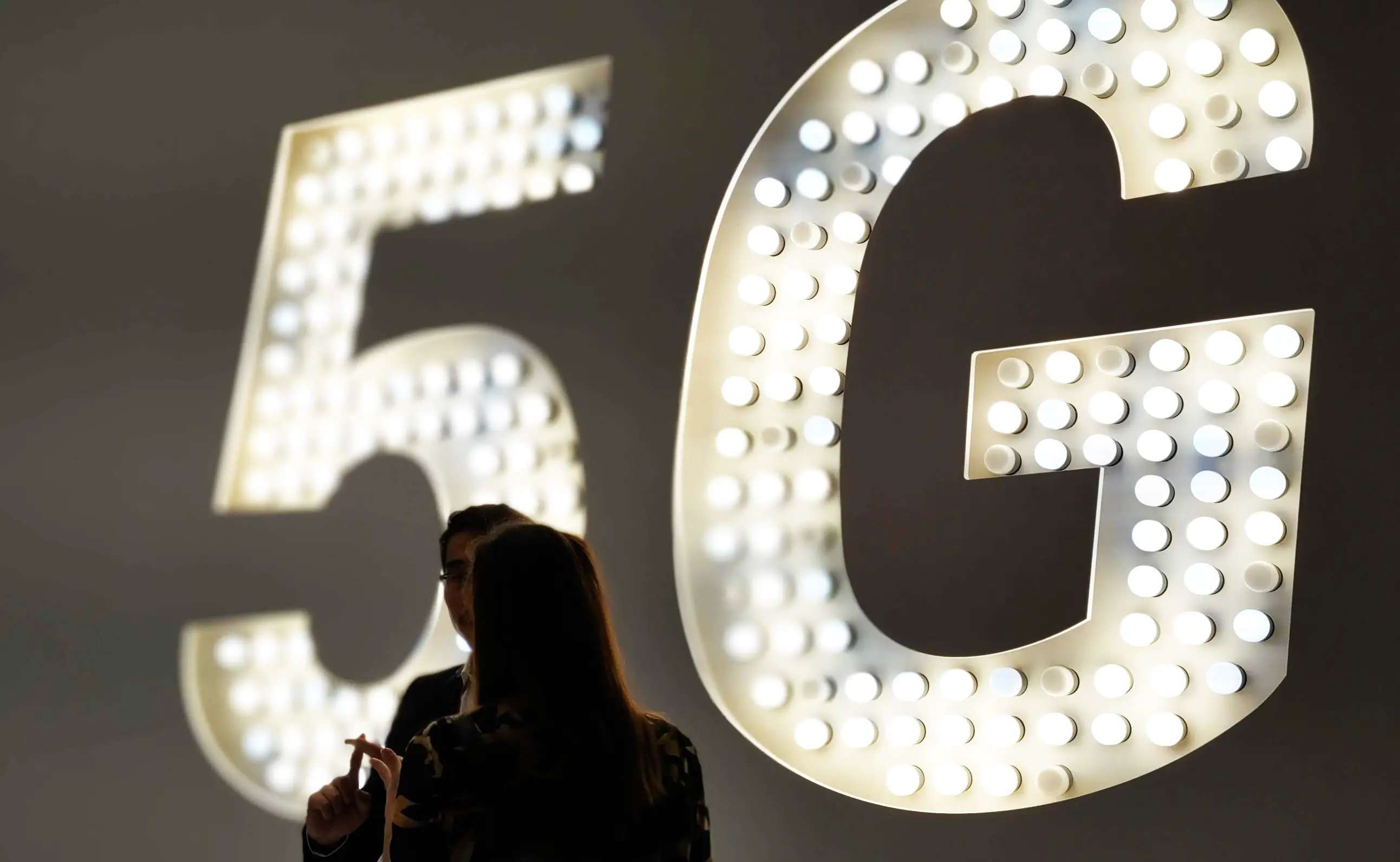
5G was meant to replace 4G, but yet the rollout feels a little slower than expected. To add to the confusion, carriers such as AT&T attempted to pull a fast one by rebranding their LTE connectivity as “5GE”, which technically isn’t 5G but come on, how many of us would actually take the time to figure out what it means?
Adding to the confusion is the fact that connecting to a 5G network would require a 5G phone, in which there aren’t that many available yet, meaning that some people were definitely confused when the “5GE” icon started showing up on their phones.
Also, the fact that Qualcomm isn’t bundling a 5G modem with its Snapdragon 855 chipset means that there will be some Snapdragon 855 phones that support 5G, and some that don’t. Of course, with all new technology, it will probably be a while before it becomes mainstream, but it does feel like it’s a bit slower than we would have liked.




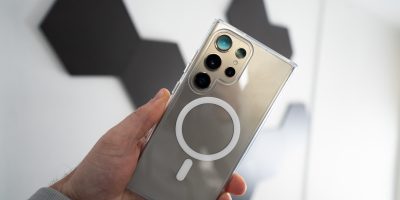
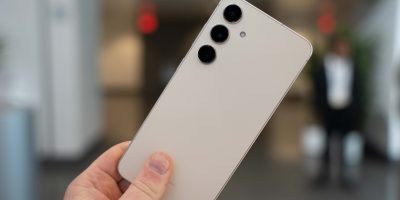
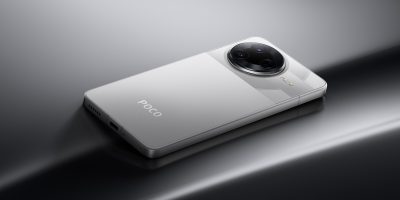

Comments